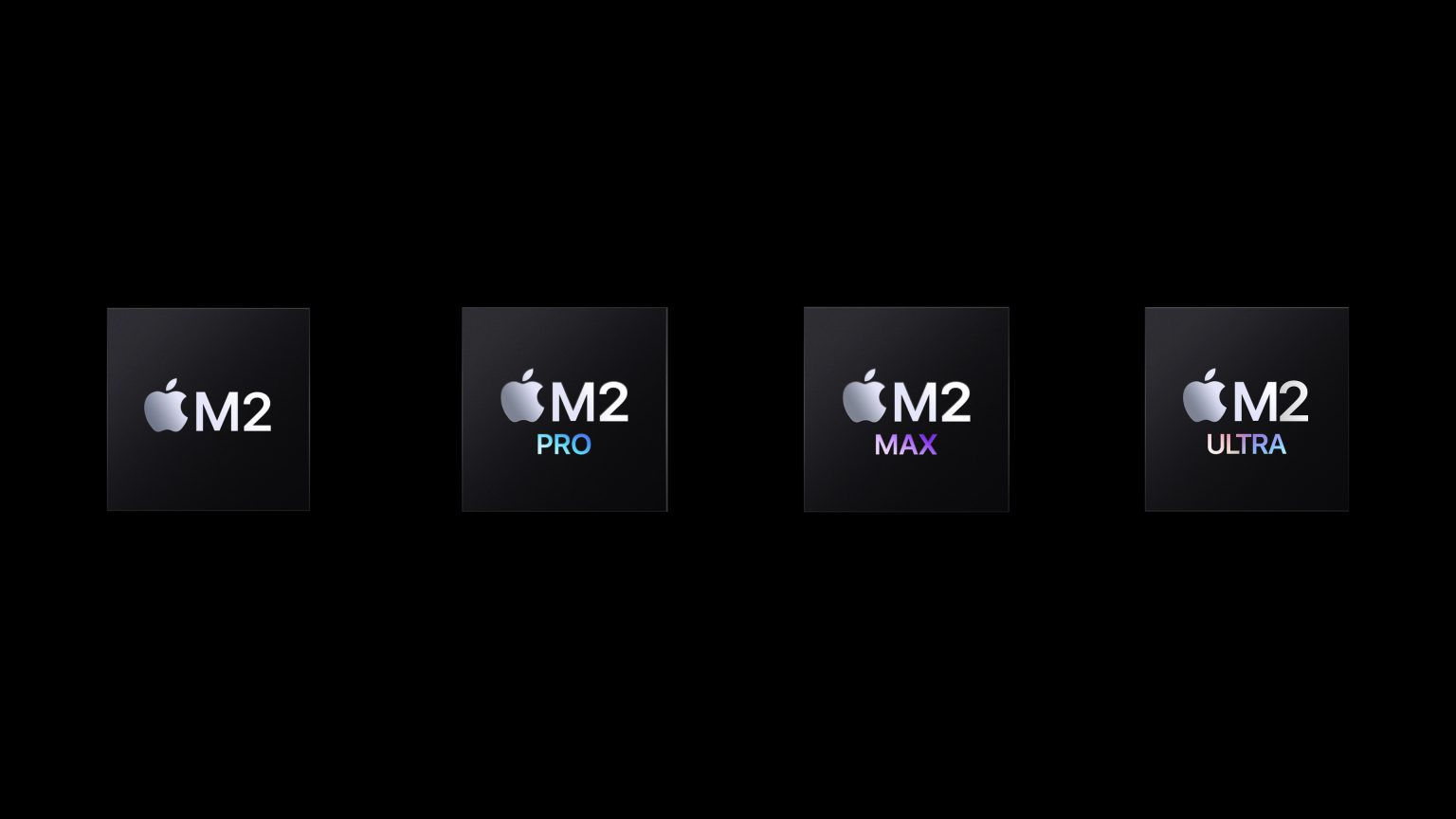A federal court in California has ruled that Apple can proceed with its lawsuit against Rivos, a startup company that specializes in designing semiconductor silicon chips, in addition to several ex-Apple employees hired by the startup (via Bloomberg).
Apple claims that it had “sufficiently identified” trade secrets stolen by former employees for the benefit of Rivos, which the latter used to design its custom system-on-chip (SoC) processors. Judge Edward Davila of the San Jose District Court ruled that Apple’s lawsuit against Rivos and three former employees who now work for the startup can go forward. Simultaneously, Judge Davila rejected Apple’s claims against seven other former employees who were also hired by Rivos, although the Cupertino giant can resubmit its claims once they are amended.
Apple in its lawsuit is relying on the Defend Trade Secrets Act (DTSA), which is a federal law that allows trade secrets owners to sue other entities if they suspect trade secrets are being illegally misused. Rivos sought to dismiss DTSA and breach of contract claims against five of its employees who previously worked at Apple, which Judge Davila rejected.

Discover new horizons, always connected with eSIM
Travel the world stress and hassle-free with the best eSIM service available. Enjoy unlimited data, 5G speeds, and global coverage for affordable prices with Holafly. And, enjoy an exclusive 5% discount.
Apple alleged that Rivos orchestrated a “coordinated campaign” that began in June 2021 to poach as many employees from Apple as possible. Rivos is said to currently employ no less than 40 ex-Apple engineers, which Apple allege to have stole “gigabytes of sensitive SoC specifications” during their last employment days before moving to Rivos.
After accepting their offers from Rivos, some of these employees took gigabytes
of sensitive SoC specifications and design files during their last days of employment with Apple. Some used multiple USB storage drives to offload material to personal devices, accessed Apple’s most proprietary specifications stored within collaboration applications, and used AirDrop to transfer files to personal devices. Others saved voluminous presentations on existing and unreleased Apple SoCs—marked Apple Proprietary and Confidential—to their personal cloud storage drives. One even made a full Time Machine backup of his entire Apple device onto a personal external drive.
Apple v. Rivos lawsuit complaint
The crux of the lawsuit is SoC chip designs, in which Apple claims it has invested billions of dollars to research and develop. All Apple silicon processors, including A-series and M-series chips, are based on SoC design, which combines multiple elements such as CPU, GPU, and memory onto a single chip substrate. The lawsuit, which was originally filed in April 2022, cites the designs of the M1 and A15 Bionic chips as some of the trade secrets allegedly stolen by Rivos.
The M1 and A15 were the latest generations of Apple silicon when the company originally filed its original lawsuit over a year ago. Engineering, validating, and testing future silicon processors is a time-consuming and laborious process, so it’s likely that Rivos also stole trade secrets of more recent Apple silicon including the M2 and A16 chips, and even the yet-to-be-announced A17 and M3.



